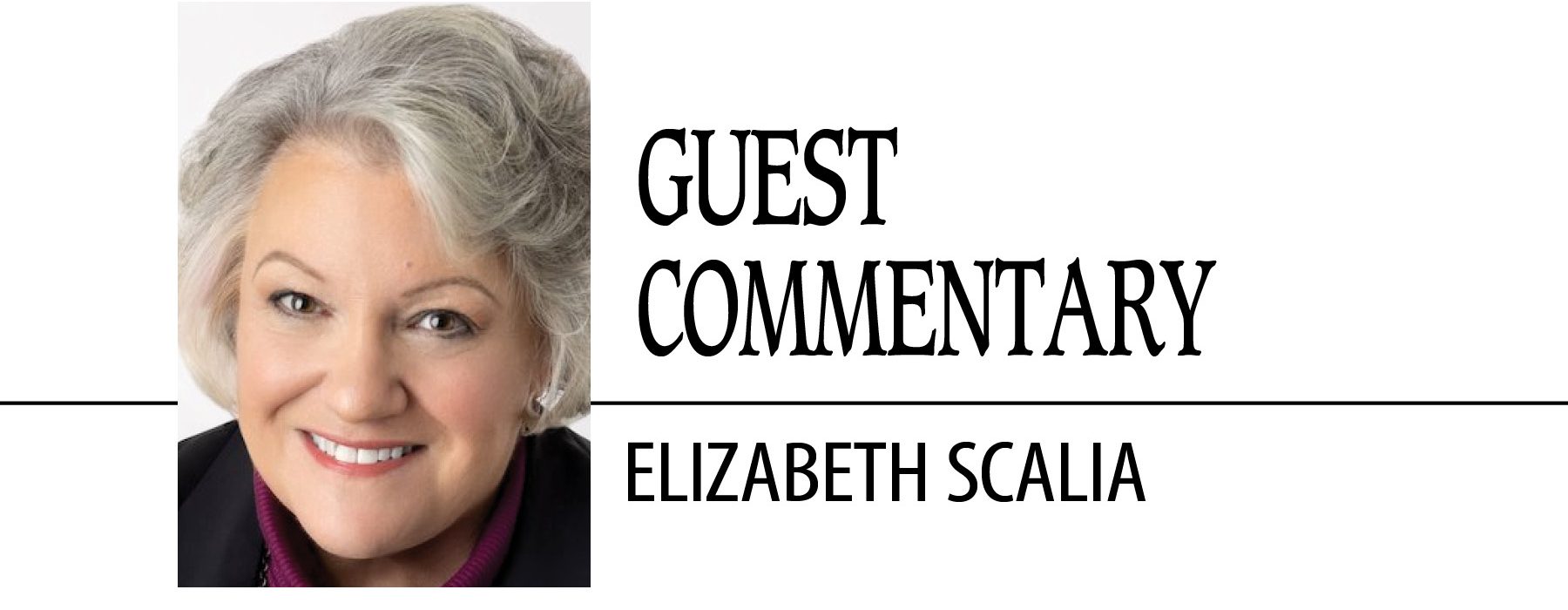January 2, 2024 // Perspective
Whether It’s Abortion or Blessings, ‘Accompaniment’ Will Be Messy
It’s not an easy discussion, but it’s one Catholics should have. The United States just watched an abortion drama in Texas that ended when 31-year-old Kate Cox, then more than 20 weeks pregnant, left the state in order to procure a legal abortion. The Texas Supreme Court had ruled that Cox and her doctor had not demonstrated that possible complications to her pregnancy (including previous cesarean sections and what doctors called a “high risk” of developing gestational hypertension and diabetes) arose to a life-threatening level.
Testing showed the child in utero had trisomy 18, a condition that is usually fatal before birth or within the first year of life. In a statement, Cox declared, “It is not a matter of if I will have to say goodbye to my baby, but when. I’m trying to do what is best for my baby and myself, but the state of Texas is making us both suffer.”
First, let’s acknowledge that nothing about this situation was simple or easy, no matter how much one’s pro-life instincts might argue otherwise. It is unthinkable that a pregnant woman, particularly one who knows the joy of holding her newborn children, as Cox certainly did, would receive a trisomy 18 diagnosis without feeling grief, fear, heartache, and a very human instinct to want to “just make this situation go away.”
Lots of women with problematic or “crisis” pregnancies have had that thought, however fleeting. Most human behavior moves upon a balance beam of love and fear; though human imagination can and does build upon both, our ability to entertain fear often leads to dread-filled anxiety that overshadows all else and becomes reflected in our actions.
It is at that point the choice for abortion is usually made. In a case like Mrs. Cox’s, one can easily imagine all the specters whispering fear into her heart: “How can you dare to love what you know you will lose? Why tempt a third C-section on a heartbreak of a baby, instead of one you can love and raise?”
Ugly, ugly questions, but they’re the sorts of questions a fearful heart, trained toward pragmatism in our utilitarian society, will allow and entertain until they all begin to sound pretty reasonable, and the notion that one truly can love and accompany a less-than-perfect baby is forgotten.
“Accompaniment” is the key notion here, one we increasingly jaw about within the Church, even as we try to figure out what it actually looks like or to define its parameters.
For instance, one could certainly argue that consenting to deliver and love an imperfect baby for as long as it survives is a wrenching bit of self-sacrificial accompaniment to an infant soul.
But a parent facing such a grievous situation would need accompaniment, too. This would have been the time for the Church – leadership and laity – to have told the Cox family (even if they were not Catholic), “We will accompany you as you go through this very difficult pregnancy; we will be there as you hold your child and witness the life your baby has; we will be there as you say goodbye, too. We will be there for you, in all you need, in the service of your life and the life of this precious soul that has been entrusted to you by God.”
To my knowledge, we Catholics, as a Church, did not do that.
Accompaniment can be difficult and even messy. Recently, the Vatican’s Dicastery for the Doctrine of the Faith released a statement on the blessing of irregular unions, including same-sex couples, and the matter is jolting because – make no mistake – despite how some are underplaying and others are overplaying the news, the highly pastoral document is a signal change to how things are understood and how they will proceed from here on.
It’s all about accompaniment, this declaration, but – both theologically and pastorally – some will doubtlessly find it confusing and, yes, messy.
We need to figure out what we’re doing about accompaniment and decide whether we, as a catholic and apostolic Church, mean to accompany the whole world through difficult things (in which case we might have been the missing presence that may have helped Kate Cox make a different decision). Or whether accompaniment will mean something more pastorally comfortable but less catechetically precise – landing somewhere between “Come, deepen your relationship with Christ” and “Do what you will as long as you’re a good person, because God always loves you.”
It would probably be wise to begin small on accompaniment until we figure out how to navigate it theologically, pastorally, spiritually, collectively, and personally. Because outreach accompaniment cannot help but put real skin in the game, regardless of which issue we’re working on.
Accompaniment is good. But, yes, it’s going to be messy.
Elizabeth Scalia is the Culture Editor for OSV News.
The best news. Delivered to your inbox.
Subscribe to our mailing list today.






